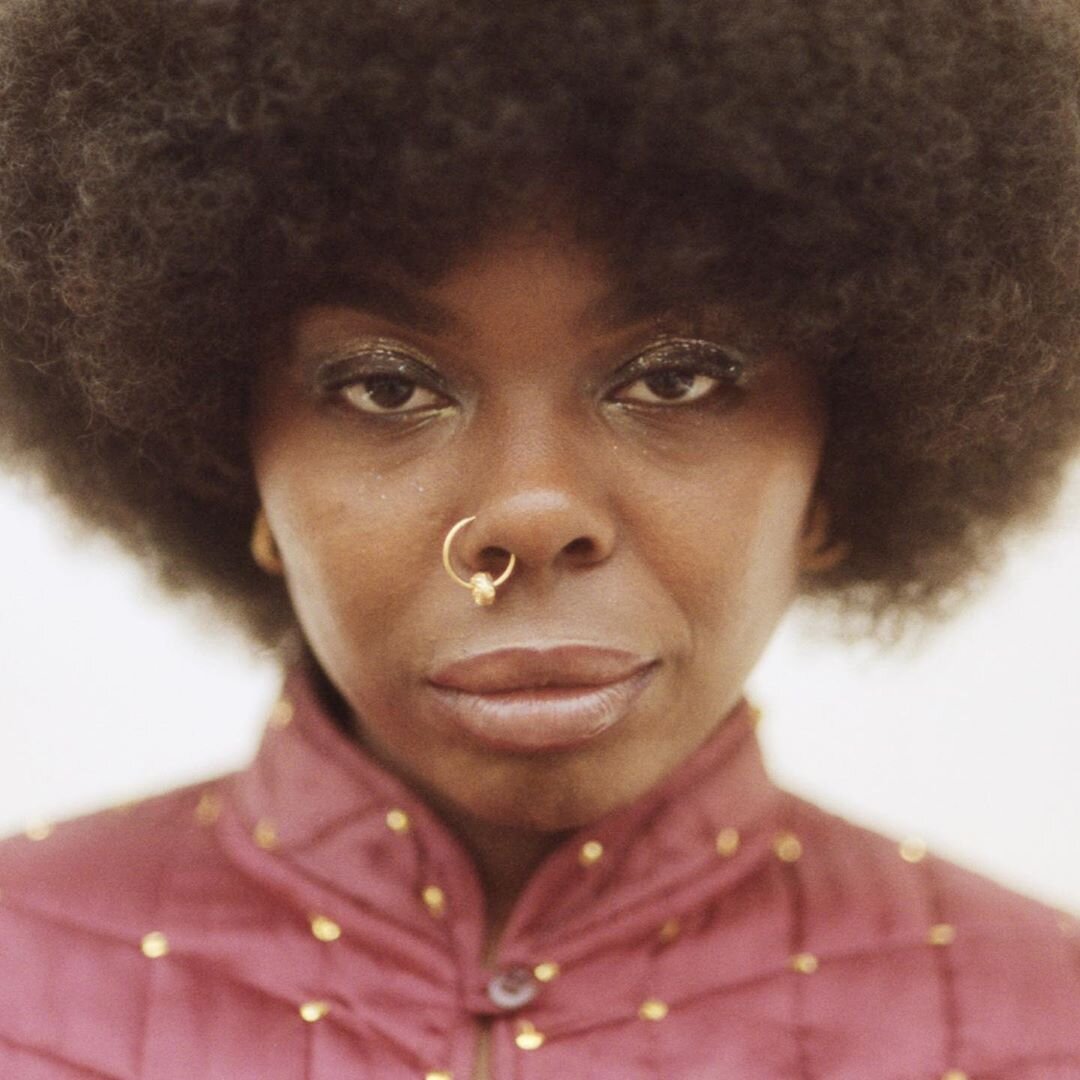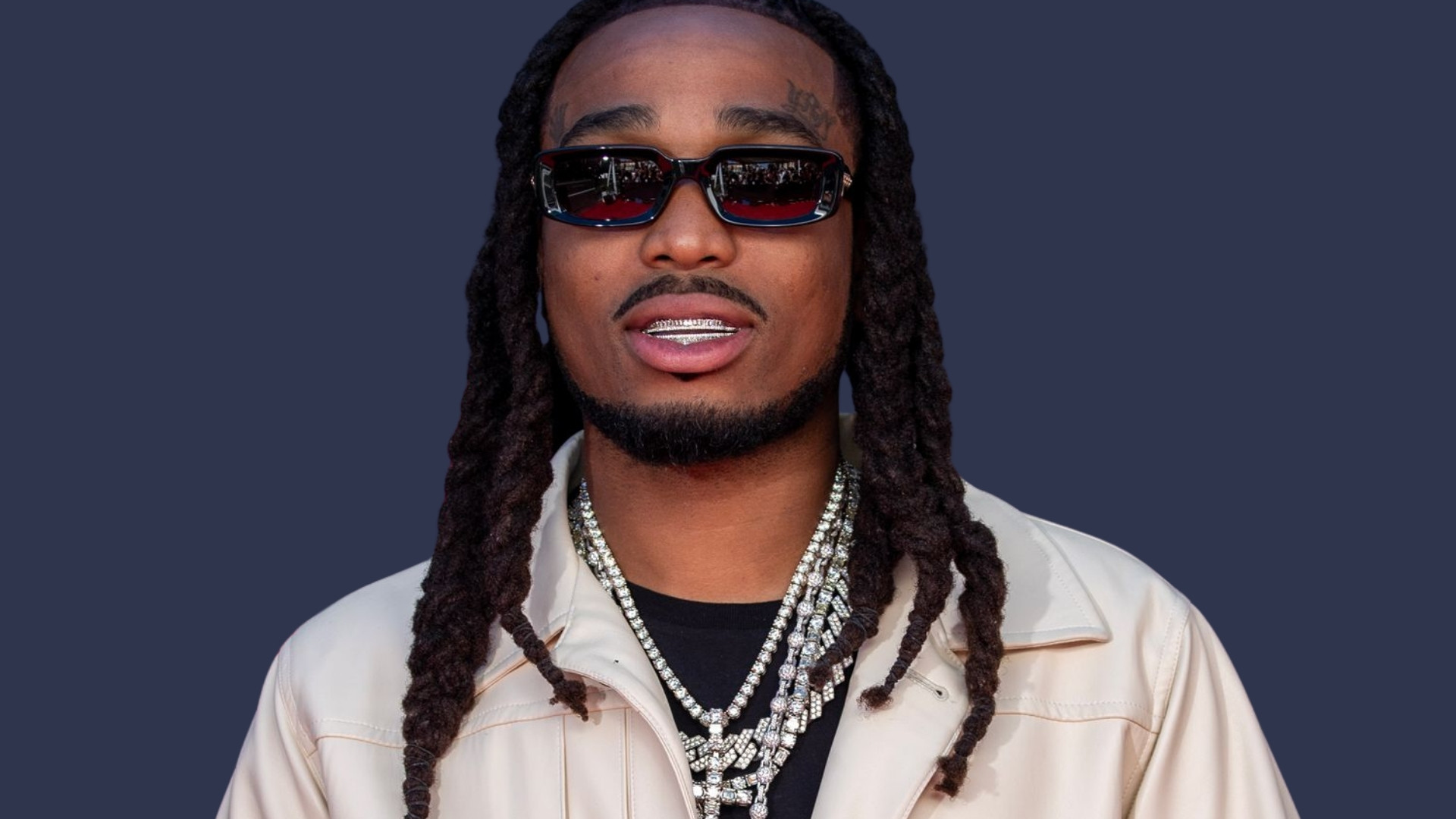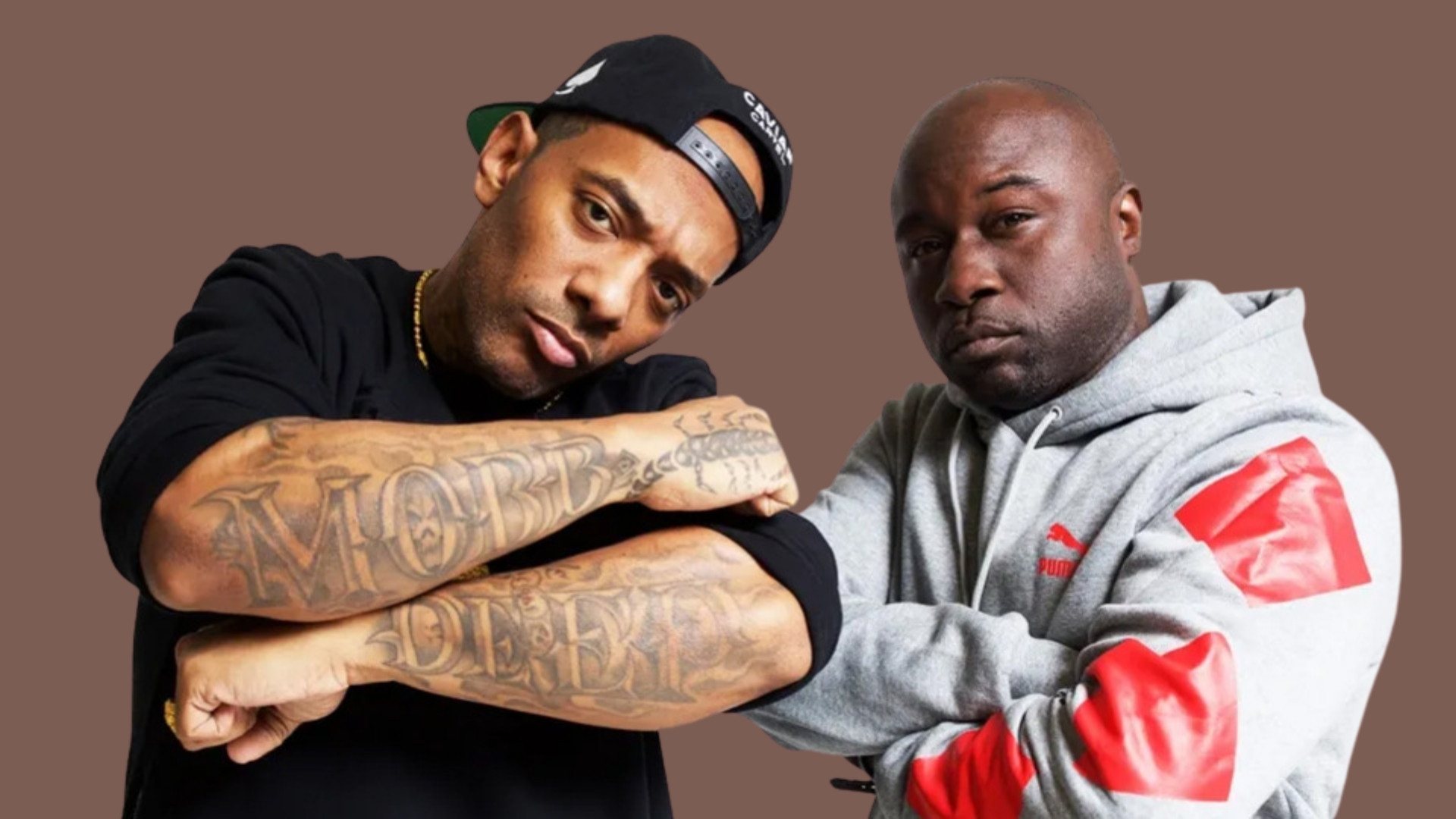
Photo Credit: Ortiz-Arenas
Talking with the creative-entity that is Summer-Pearl on her latest collaborations alongside upcoming artists Teshay Makeda and Enny; the importance she places on both her visuals and live instrumentation; and the process of creating her first project, ‘Only Child’.
Emily: With a busy year so far, having already released five singles, how has collaborating with your fellow artists been and how have you been staying creative during lockdown?
Summer-Pearl: I like to collaborate with people I genuinely like, so it’s been fairly easy with the artists who’ve featured on my music. Sometimes, I write and listen back and hear someone I’d like to feature on it; sometimes I write a track with a feature in mind.
With ‘The Difference’; that song was finished and then I realised it made sense to have the males perspective on it. I needed an artist who was a good storyteller – enter LEVi. I’ve known him for years, so I knew the chemistry would be there.
With Enny, we hadn’t known each other very long, but as soon as I heard her, I knew I needed to collaborate with her, it just made sense. She has the rawity I like in an artist and something I pride myself in having. ‘The Boy’ was also the first track I’d written with another woman in mind.
‘The Only Way’ which features Eerf Evil is quite an explicit track. My verse is actually a freestyle that I’d performed as a little side project for my EP (which was then called ‘Tackling’), but my audience seemed to take to it more than I expected, so I decided to create an extended version. Much like ‘The Difference’, I felt I needed someone who I went way back with on the track and who understood what I was talking about fully, I also needed to get that male perspective – enter Eerf.
‘Food for Thought’ was probably the easiest to write, in terms of the content and how I saw the track. Myself and Makeda hold conversations on a daily about meditation and the state of the world, so that session when Makeda came in, it was more like a conversation between the two of us.
Mentally, in lockdown, I’ve been up and down. Good days and bad, which I’m sure everyone’s been having. I’m always jotting things down and recording here and there. I’m using this time more as a time for stillness which is something that we as humans forget to do in this fast-paced city.
How does creative collaboration fuel your growth as an artist?
I’m a storyteller and I know that sometimes my story’s need that different voice or perspective, whether that’s from a vocal artist or producer. Collaboration unlocks parts of myself that I didn’t know that I had.
Is there something you’ve learnt from another artist you’ve collaborated with, that stays in your mind when creating?
“Always tell your truth through the music”.
Your single being ‘Food For Thought’ alongside Teshay Makeda, what was the process of creating that track and what was the overall inspiration for the single?
I wrote ‘Food for Thought’ in early 2019. It came naturally. It was the first song in a while that actually came out from the soul of me. At soon as I’d written in, I called Makeda and told her I’d written this ‘Aretha-sounding’ tune. I knew I needed her a part of it.
Myself and Makeda Sunshine (Teshay Makeda) converse on the state of the world on a daily, so it just made sense.
What was the process of creating ‘The Boy’, alongside Enny and how was shooting the visuals?
I invited Enny in for a session last year and we just vibed for a couple of hours, really. I had it in mind that I wanted to do a track with a 90’s feel – something about female liberation. Enny suggested we do a Boy is Mine type track and then we ended up flipping it at the end so that we team up and actually go against the boy is mine and talk about all that we could do together as women. I like my music to tell a story; take you on a journey. There should be a message.
The whole video was shot at mine in Croydon. I wrote the treatment. I wanted the video to have that 90’s feel too but the second half (female liberation part) to change as it does in the music. Alma shot the video; he also produced the track alongside Paya – it was a full-on collaboration.


